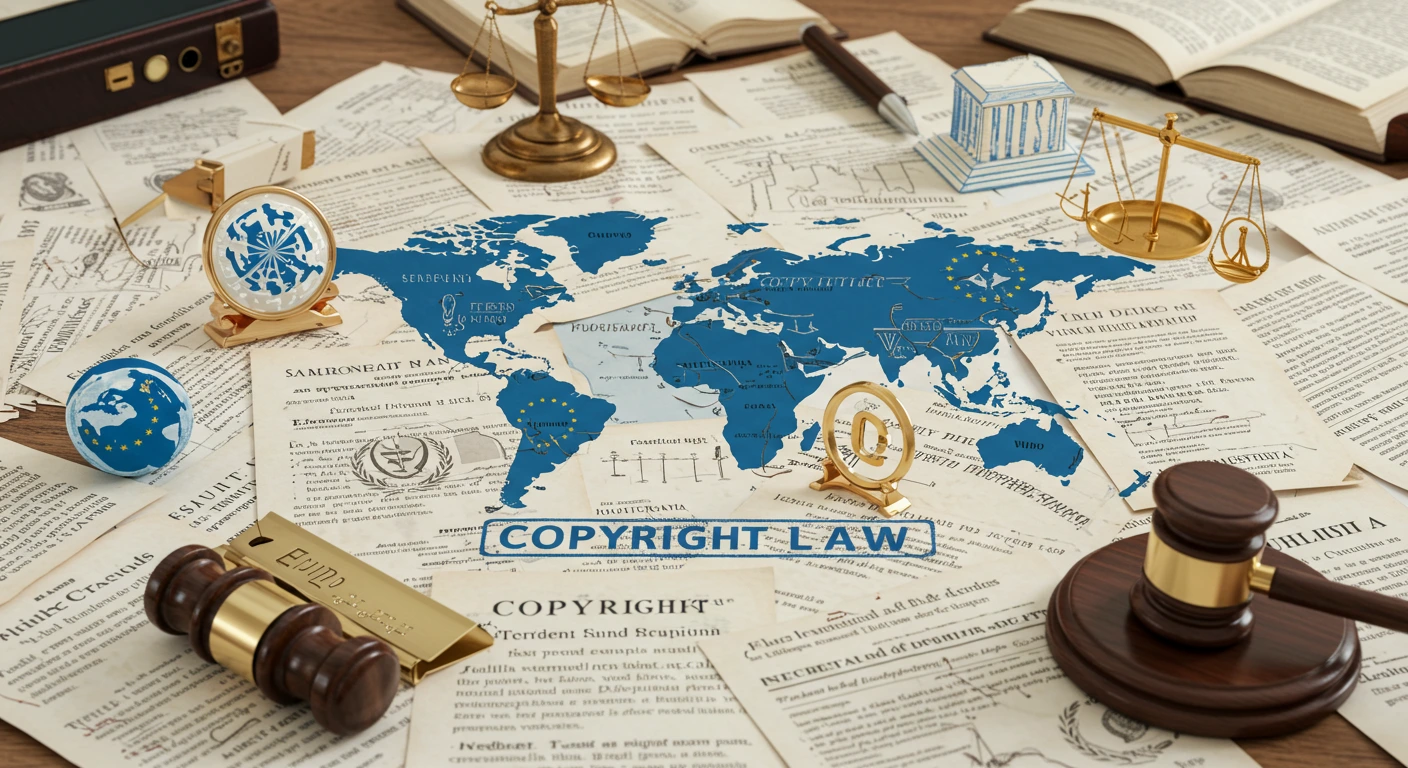Copyright laws protect original literary, dramatic, musical and artistic works, giving creators exclusive rights over their creations. With the rise of digital technologies and global connectivity, understanding copyright laws across different jurisdictions has become increasingly important. This article provides a comparative overview of copyright laws in various regions, highlighting key similarities and differences.
Regional Overview
- United States: The US Copyright Act of 1976 provides protection for original works, including literature, music, and cinematographic films. Copyright duration typically lasts for the life of the author plus 70 years.
- European Union: The EU’s Copyright Directive (2019/790) aims to harmonize copyright laws across member states, introducing provisions for online content sharing and text and data mining.
- China: China’s Copyright Law protects various works, including software and databases. However, enforcement remains a challenge due to the country’s vast digital landscape.
- India: The Indian Copyright Act of 1957 safeguards original works, with recent amendments addressing digital copyright issues and strengthening enforcement mechanisms.
Key Aspects of Copyright Laws
- Duration of Protection: Varies across jurisdictions, typically ranging from 50 to 100 years after the author’s death.
- Fair Use/Fair Dealing: Provisions allowing limited use of copyrighted material without permission, often for criticism, review, or education.
- Digital Rights Management: Technologies and laws protecting digital works from unauthorized access or copying.
- International Treaties: The Berne Convention, WIPO Copyright Treaty, and TRIPS Agreement establish minimum standards for copyright protection globally.
Challenges and Future Directions
- Digital Piracy: The rise of online platforms has increased copyright infringement, necessitating robust enforcement mechanisms.
- Cross-Border Issues: Differences in national laws create complexities for global content creators and users.
- Balancing Rights and Exceptions: Ensuring fair compensation for creators while allowing for educational, critical, or transformative uses.
The End
While copyright laws share commonalities worldwide, regional variations and digital challenges require ongoing adaptation and cooperation. As the global landscape evolves, understanding these laws is crucial for creators, users, and policymakers alike.

